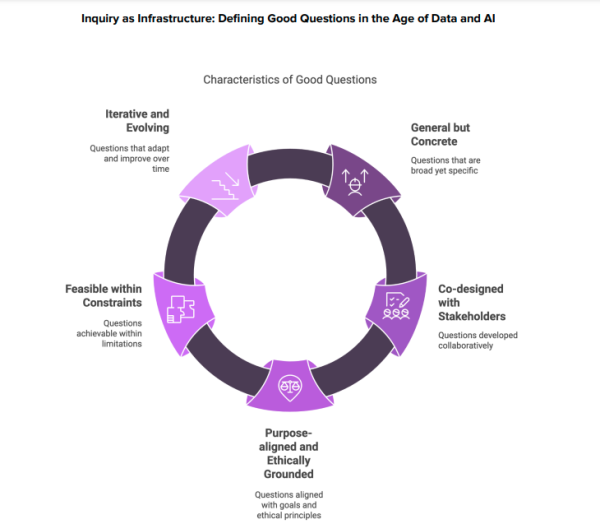Essay by Ryan Briggs: “Everyone likes the idea of evidence-based policy, but it’s hard to realize it when our most reputable social science journals are still publishing poor quality research.
Ideally, policy and program design is a straightforward process: a decision-maker faces a problem, turns to peer-reviewed literature, and selects interventions shown to work. In reality, that’s rarely how things unfold. The popularity of “evidence-based medicine” and other “evidence-based” topics highlights our desire for empirical approaches — but would the world actually improve if those in power consistently took social science evidence seriously? It brings me no joy to tell you that, at present, I think the answer is usually “no.”
Given the current state of evidence production in the social sciences, I believe that many — perhaps most — attempts to use social scientific evidence to inform policy will not lead to better outcomes. This is not because of politics or the challenges of scaling small programs. The problem is more immediate. Much of social science research is of poor quality, and sorting the trustworthy work from bad work is difficult, costly, and time-consuming.
But it is necessary. If you were to randomly select an empirical paper published in the past decade — including any studies from the top journals in political science or economics — there is a high chance that its findings may be inaccurate. And not just off by a little: possibly two times as large, or even incorrectly signed. As an academic, this bothers me. I think it should bother you, too. So let me explain why this happens…(More)”.

